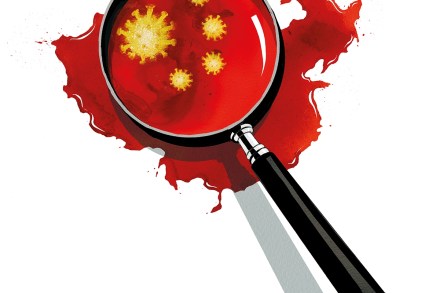Lisa Bjurwald, Douglas Murray and Stuart Jeffries
29 min listen
On this week’s episode, Lisa Bjurwald reports on the Swedish monarchy going woke (01:20); Douglas Murray argues that the culture wars fit the UK even less well than the US (07:00); and Stuart Jeffries interviews the world’s first AI artist. Also on the podcast: a complaints letter to the Times after their March 2020 story that Carrie Symonds and Boris Johnson were considering giving their dog up for adoption. The letter, though never sent, was revealed on Friday.





















